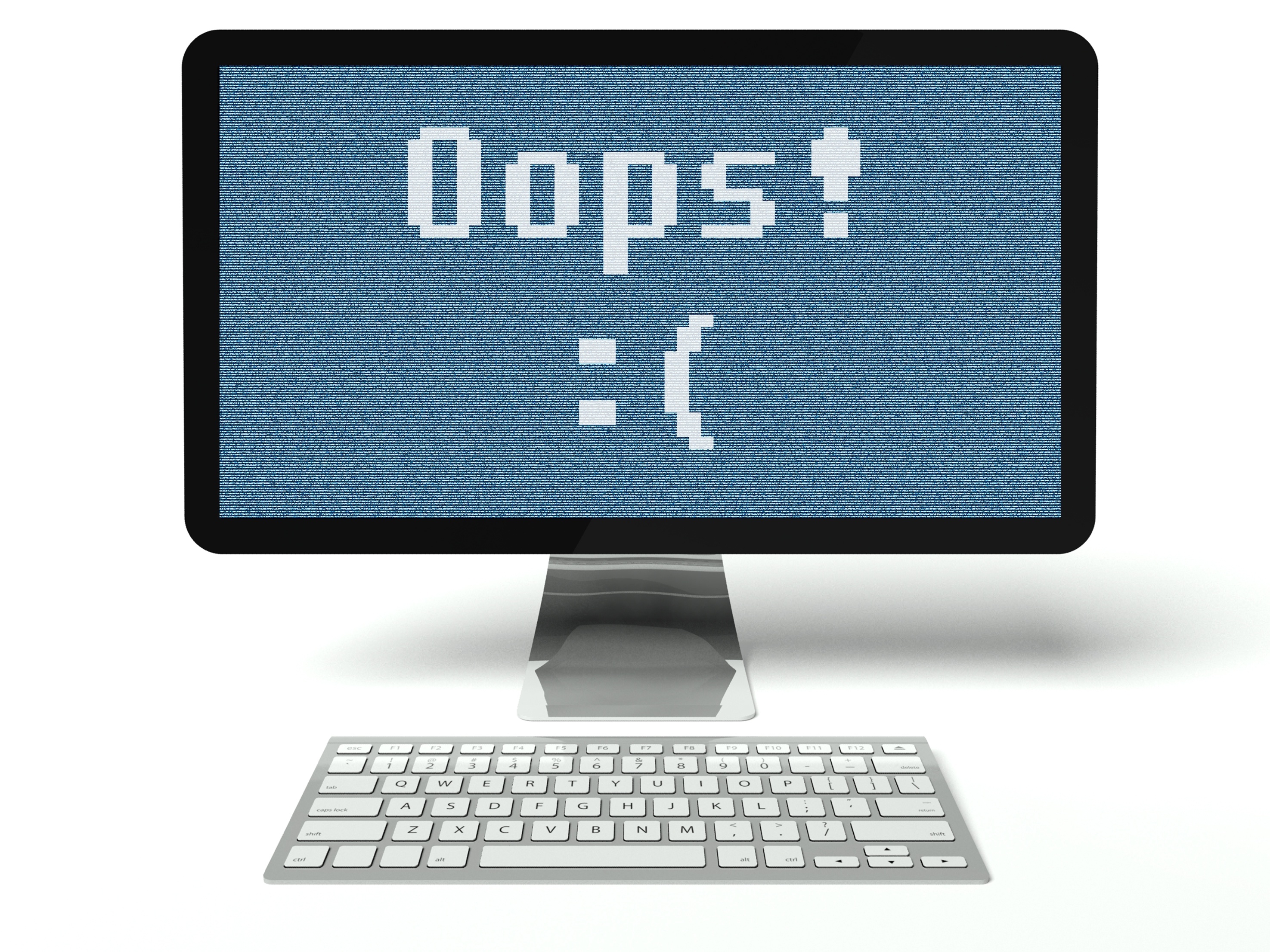How DMS Keeps Your Most Important Forms On-Demand

In the incredibly fast-moving world of healthcare, efficient access to forms and documents is essential to delivering quality patient care, maintaining compliance, and streamlining administrative processes. Document management software (DMS) is engineered specifically to keep all critical healthcare forms on-demand, providing healthcare professionals with a reliable and organized one-stop platform to manage, access, share, store, manage, and distribute essential forms. Its easy scalability means it can handle the mountains of forms and data generated daily. This post explores how a DMS ensures seamless form management in healthcare settings where forms seem to multiply more and more.
7 Ways to Deliver Healthcare Forms On-Demand
Since the healthcare landscape must consistently perform in an on-demand capacity, here are seven important ways in which a DMS can serve up your forms on-demand too:
- Centralized Storage and Organization: Document management software acts as a centralized repository for all healthcare forms across departments, offices, and even practices. It stores them in a structured and organized manner, with standardized naming conventions and document version control. Instead of having to grapple with scattered paper forms and multiple digital locations, or figuring out how to search a document, healthcare professionals can securely access all forms from a single platform, from any device, at any time. This centralized storage ensures forms are easily searchable, retrievable, and always up-to-date.
- Customizable Templates and Document Workflow Automation: A DMS provides customizable templates for various healthcare forms, such as patient intake forms, consent forms, treatment plans, and discharge summaries. Healthcare professionals can tailor these templates to meet their specific requirements, including customized branding, data fields, and regulatory compliance. This optimizes form management and also creates more legible and professional forms. Additionally, a DMS facilitates excellent document automation, streamlining form creation, review, approval, and distribution processes.
- Secure Access and Compliance: Security and compliance are paramount in healthcare document management. The best document management software provides robust access controls, encryption, audit trails, and HIPAA-compliant features to ensure the confidentiality, integrity, and availability of healthcare forms. Authorized personnel can access forms securely, while audit trails track every interaction with forms, enhancing accountability and compliance.
- Real-Time Collaboration and Updates: Strong collaboration among healthcare teams is essential for efficient form management. A DMS enables real-time collaboration by allowing multiple users to work on forms simultaneously, track changes, and provide feedback. Updates to forms are instantaneously reflected across the system, eliminating document version control issues and ensuring healthcare professionals always have access to the latest forms.
- Mobile Accessibility and Remote Work: With the rise of telehealth and remote work in healthcare, a DMS offers mobile accessibility features that enable healthcare professionals to access and complete forms from any device, anywhere, 24/7. This flexibility provides increased productivity, reduces administrative burdens, and improves patient engagement by facilitating seamless form completion during virtual consultations or remote patient interactions.
- Integration with Electronic Health Records (EHR): Combining DMS forms with electronic health records (EHR) systems further enhances form management efficiency. Healthcare professionals can seamlessly retrieve patient information from EHR systems, pre-fill forms with relevant data, and automatically update EHRs with completed forms. This integration reduces duplication of data entry, minimizes errors, and improves overall workflow efficiency.
- Analytics and Reporting: A DMS provides analytics and reporting capabilities that offer insights into form utilization, completion rates, turnaround times, and compliance metrics. Healthcare professionals can track form-related metrics, identify bottlenecks or inefficiencies, and make data-driven decisions to optimize form management processes and improve patient care delivery.
Use a DMS for Forms On-Demand
For all of these reasons, a DMS is the perfect tool for keeping your healthcare forms on-demand. It significantly streamlines form creation, access, collaboration, and compliance. With centralized storage, customizable templates, strong security, real-time communications capabilities, mobile access, EHR integration, and analytics and reporting, DigiDoc provides the forms and organization you require.
Let us know how we can help your organization enhance operational efficiency, reduce administrative burdens, ensure data security, and ultimately deliver better patient experiences through a DMS. When forms are on-demand, you can provide better care on-demand too.
Related Articles

How Document Version Control Prevents Miscommunication in Healthcare
Nov 13, 2024
Accurate and up-to-date patient records are critical to ensuring high-quality healthcare delivery. However, the complexity of managing patient informa...

Navigating Document Compliance and Privacy for Behavioral Health Facilities
Nov 5, 2024
Behavioral health facilities face unique challenges when it comes to managing patient records and ensuring document compliance. With strict privacy la...



